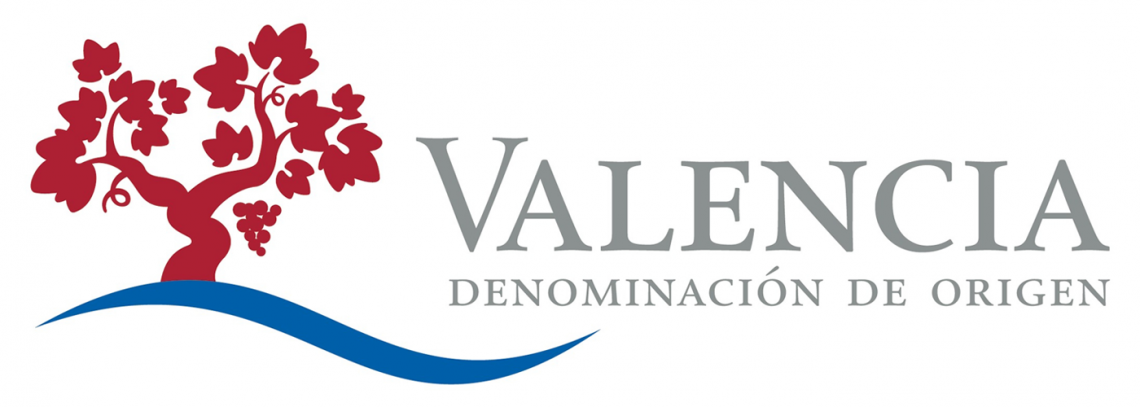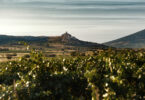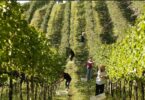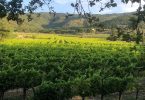The Wolf Post, supported by a Cultural Association, offers a professional service with free access, without subscription.
For this reason, a donation would also be a sign of appreciation for our work.
The main goal of D.O.Valencia, established in 1957, is to guarantee the origin and quality of the wines it produces, to control their production, to promote and disseminate its knowledge and quality. Currently, 13,000 hectares of vineyards are distributed in four production sub-areas.
DO. Valencia has a great export vocation and tradition. Currently, its wines are present in almost 100 countries around the world, with a turnover of over 46 million bottles, of which 30 million in total are destined for export.
Let’s find out more from the words of Estefania Diaz.
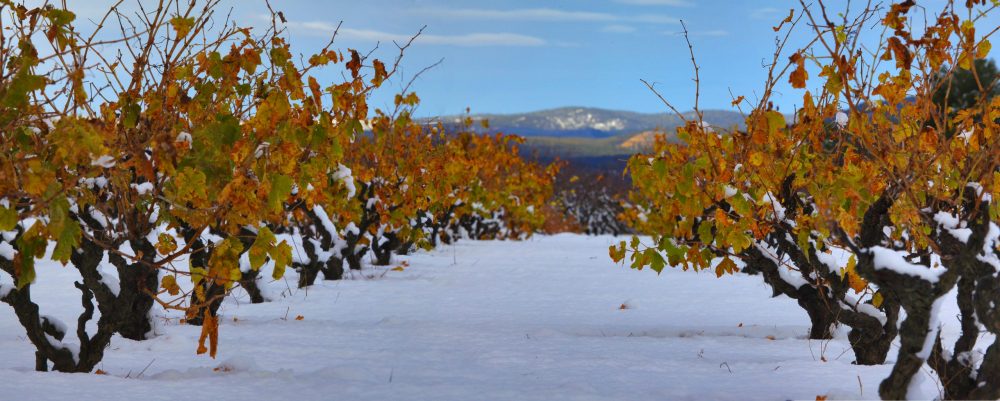
©D.O. Valencia
Since the birth of the D.O. Valencia, what goals have been achieved and which remain to be achieved?
When it was created, the Valencia Denomination of Origin was mainly made up of large European wineries that took advantage of the Port of Valencia to import our wines to their countries and bottle them in their own country.
Today, 95% of the wine that comes out with the Valencia Denomination of Origin does so bottling.
We move about 40 million liters of wine a year, 70% of which are exports that go to about 100 different countries. Our wines have received recognition from the most important national and international magazines and competitions: Gourmet, Sevi, Robert Parker, Mundus Vini, Decanter, Concours Mundial de Bruxelles, Peñín Guide, etc.
In short, today we can be proud of the great quality of our wines. We are making an important commitment to the recovery of ancestral native varieties, the creation of unique high-quality wines and wine tourism, since in addition to wine, we have landscapes and historic family wineries with a cultural wealth that deserves to be known. All this, working from the maximum possible respect for the environment and surroundings.
Our wines, today, are synonymous with certified quality, uniqueness, sustainability and origin. In addition, from our Denomination of Origin, we are firmly committed to training consumers, professionals and prescribers, so that they can enjoy the wine under the premise of responsible consumption.
Within the Denomination of Origin of Valencia Wines we find several subzones with very different characteristics that give rise to unique and high quality wines. They reflect the typicity of the soil, the grape varieties and the tradition of the area.
In the Alto Turia subzone (north of the Province of Valencia), we find vineyards located between 700 and 1,100 meters above sea level. All the geological ages between the Quaternary and the oldest periods of the Triassic are represented in the area.
We find from clay soils, to dolomitic limestone, clay-sandy soils and gravel. White varieties predominate, among which our native Merseguera stands out, which gives rise to fresh, fruity and aromatic wines. The fields of vineyards are interspersed with cereal fields, these are small plots of vines planted mostly in bushes and surrounded by mountains, which makes it necessary to carry out mountain viticulture and adds even more value to its wines.
In the sub-areas of Valentino and Moscatel (central part of the Province) we find vineyards located between 200 and 750 meters of altitude. Geologically, it is the most varied subzone: we find clay and marl, limestone and clay-sandy soils. They have here a great wealth of wines due to the great variety of soils and microclimates that it presents.
In the Valentino subzone, young reds and fruity and aromatic whites predominate. Tempranillo varieties predominate in reds and Macabeo in whites.
In the Moscatel subzone we find warm and sunny lands, influenced by the sea air, in which the Moscatel Romano or Alexandria variety has been cultivated perfectly since time immemorial. Muscatel wines from this area are clean, bright and highly aromatic. Our traditional “Mistela” comes from this area.
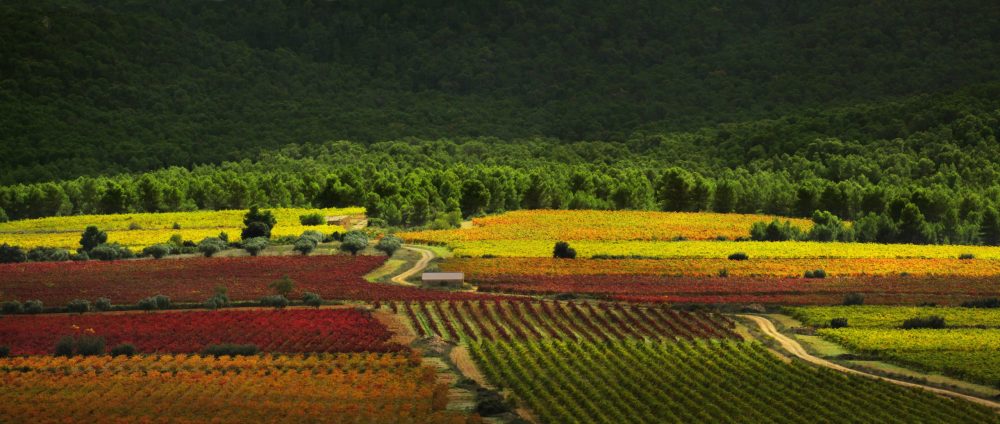
©D.O. Valencia
Lastly, in the Clariano subzone, we find vineyards between 400 and 700 meters above sea level. In the soils, the Miocene predominates over other stages: reniform soil on limestone loams in some areas and brown or reddish-brown-limestone soils, with a shortage of central organic matter in others.
White wines are complex and aromatic, while red wines have a complex aroma, are tasty on the palate and frank on the nose. The monovarietals of autochthonous varieties such as Verdil, Tortosí, Forcallá, Monastrell, Arcos or Bonicaire are beginning to gain importance. A walk through the Clariano, the visitor discovers dreamlike landscapes, charming family wineries, committed to caring for the environment, the recovery of native varieties and committed to organic farming.
What services/activities do they use to promote the wine region?
– We carry out tastings for cruise ships to make our territory and our wines known to visitors. We offer you a trip through the different sub-areas and you have the opportunity to taste the most representative wines of the same;
– We are present in the main fairs of the sector;
– We support Valencian culture and gastronomy; Tastarros, Mostra de Cinema del Mediterrani, Gastroplan;
– We train and make our wines known to professionals and specialized press;
– We teach tasting courses for all levels;
– We teach the SPECIALIST MASTER’S SOMMELIER IN VALENCIAN WINES, which has great prestige in the sector and is taught by active professionals of great prestige, nationally and internationally.
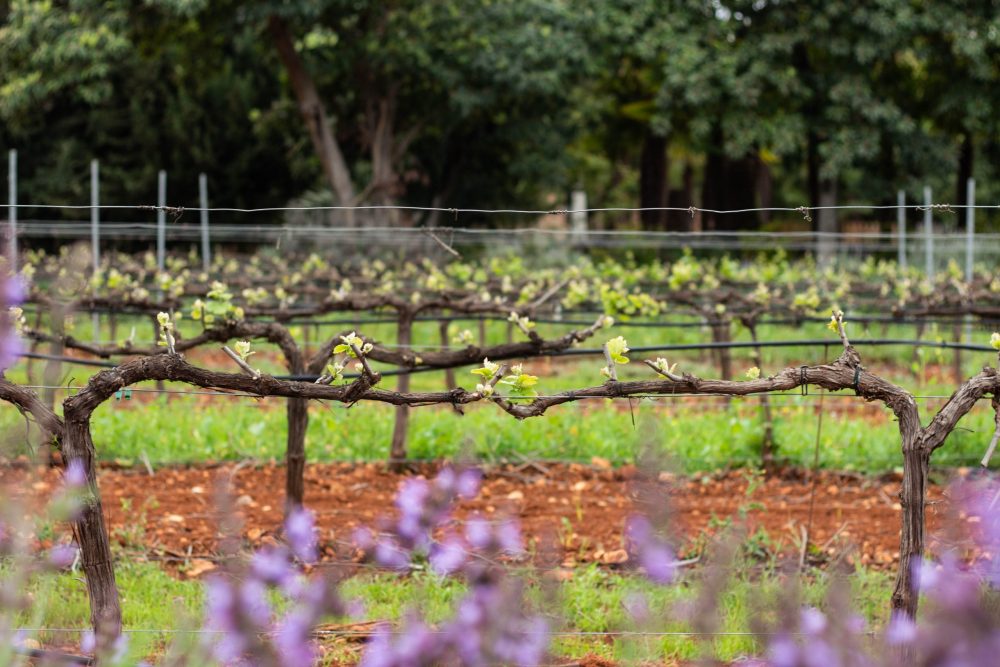
©D.O. Valencia
Can you briefly describe the areas of cultural and wine tourism interest in the D.O. Valencia?
Discovering the authentic cradle of wines with the Valencia Designation of Origin is possible thanks to the Wine Route. A territory made up of five tourist spaces with their own identity. Spaces that have natural environments, landscapes, constructions and very local varieties that make each one of them a different experience and of high singular value; Alto Turia/Valentino, Clariano, Terres dels Alforins, Moscatel and Valencia offer the opportunity to discover the natural and heritage environments that give essence to their wines.
A journey that begins in the city of Valencia and that transports wine tourists to historic municipalities and regions linked to wine culture where you can discover all the secrets of its production.
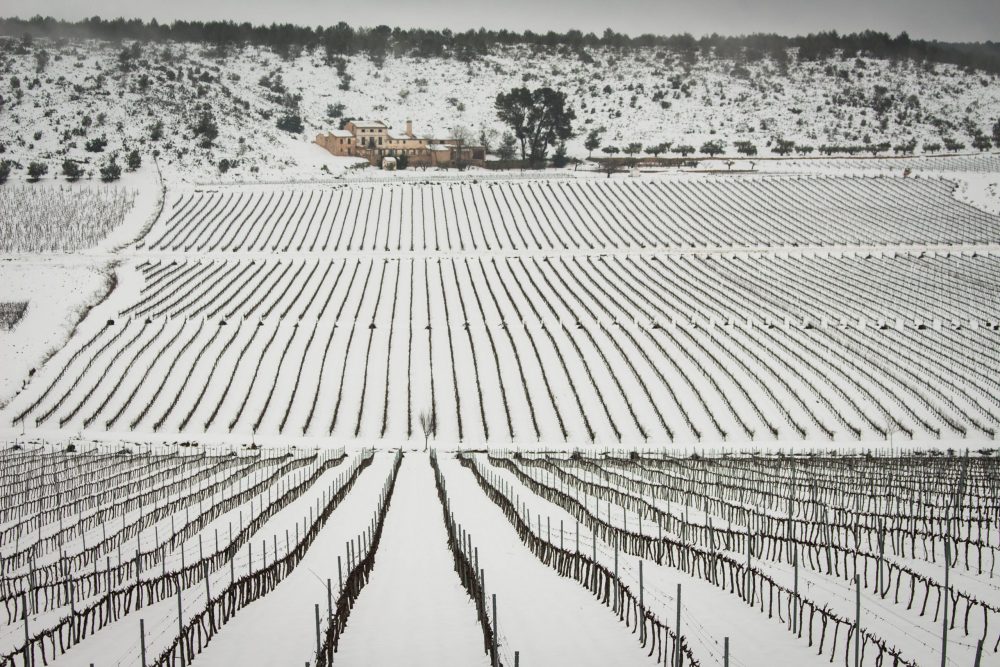
©D.O. Valencia


